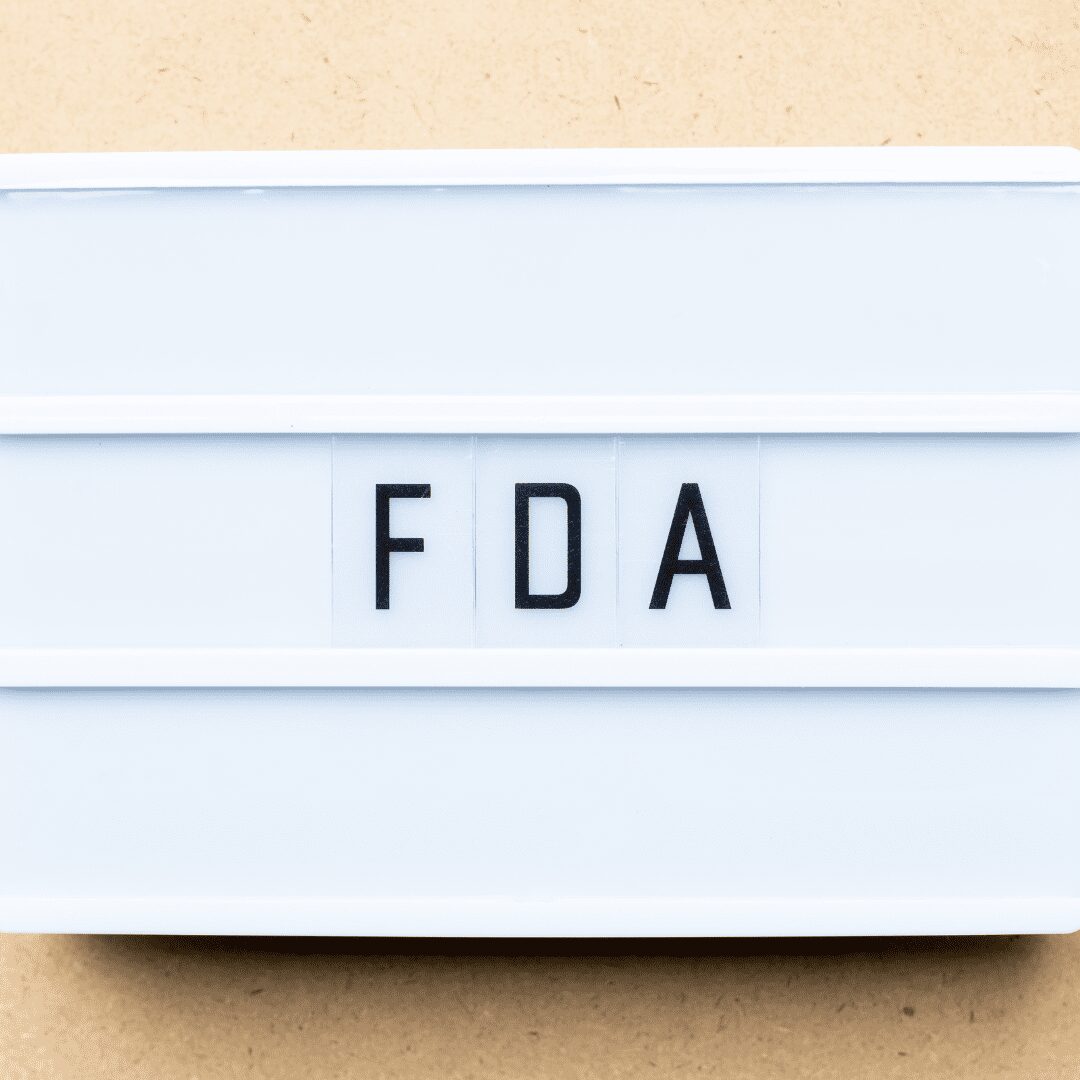
Lawmakers End FDA’s War on Lab Animals
David Williams
February 16, 2023
Billions of people worldwide benefit from access to safe, effective drugs that often originate and are approved in the U.S. Sadly, many of these medications have come at a terrible cost. About 50 million animals, ranging from rodents and monkeys to cats and dogs, are used by American researchers in experiments each year. This often-cruel practice has been pushed by the Food and Drug Administration (FDA), which until now has mandated animal testing for new drugs.
This needless requirement has finally come to an end thanks to the bipartisan efforts of Sens. Rand Paul (R-Ky.) and Cory Booker (D-N.J.). The recently signed FDA Modernization Act 2.0 (rolled into the year-end omnibus package) allows sponsors to use promising, alternative testing methods that don’t harm living things. With continued reform and innovation, animal testing may soon be gone for good.
The recent passage of FDA testing reforms has reopened a contentious and emotionally charged debate about the role of animal testing in innovation. Many researchers believe that, despite the heavy toll of animal testing, there is simply no other way. According to Americans for Medical Progress communications director Jim Newman, alternatives are in their infancy and cannot be used to reliably test drugs for “many, many years.” While some amount of animal testing is often useful, the FDA has gone way overboard in ordering cruel, expensive, and time-consuming tests.
Vanda Pharmaceuticals Inc. said enough is enough when the FDA ordered the drug company to administer their gastroparesis medication Tradipitant to dogs and subsequently euthanize them. The company had already tested their product on rats and dogs for many months, in some cases administering 300 times the intended human equivalent dose. There were no resulting safety concerns, and the FDA had already given the go-ahead for Vanda to begin testing the medication on humans. But, to give Tradipitant to people for more than three months at a time, yet another dog trial had to be done. The FDA did not explain why that was necessary, nor why access should not be expedited for a serious disease impacting 1.5 million Americans. Yet, the FDA prevailed in a legal challenge to these dubious demands because they had the unilateral authority to order animal testing.
Sens. Paul and Booker’s reform will shake up this sorry status-quo and let companies such as Vanda veto further animal testing when other approaches are available. One such promising alternative mimics the human ecosystem on a miniature “chip” and closely monitors the drug’s impact on this small, artificial environment. Moving toward chip-based testing technologies can reduce research and development costs anywhere from 10 to 26 percent and spare countless animals from suffering and death. The days of 1 week old puppies convulsing and dying after overdosing on experimental medications may soon be in the rearview mirror.
A heavier reliance on alternative, artificial testing methods may even lead to more reliable scientific results. According to aNational Institutes of Health report, “animal models often fail to provide good ways to mimic disease or predict how drugs will work in humans, resulting in much wasted time and money while patients wait for therapies.” With a much-needed push by lawmakers, the FDA and researchers can finally move toward a more humane, effective research process.
David Williams is the president for the Taxpayers Protection Alliance.
